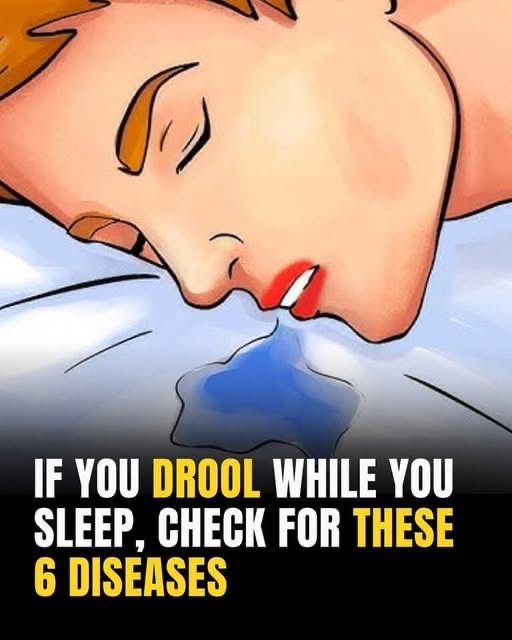Sleeping Position – Sleeping on your side or stomach makes saliva pool in your mouth and escape more easily.
Nasal Congestion – If your nose is blocked (due to a cold, allergies, or sinus infection), you may breathe through your mouth, leading to drooling.
Acid Reflux or GERD – Gastroesophageal reflux can increase saliva production as your body tries to neutralize stomach acid.
Sleep Apnea – This sleep disorder often causes open-mouth breathing, which may result in drooling.
Tonsillitis or Sore Throat – Infections in the throat can make swallowing painful, so saliva builds up and leaks out.
Neurological Conditions – Disorders like Parkinson’s, stroke, or cerebral palsy can affect muscle control, including those needed to swallow.
Medication Side Effects – Some medications increase saliva production or affect your ability to swallow.
Allergies – Allergic reactions can lead to increased mucus and saliva production, contributing to drooling.
GERD-related Esophageal Issues – Difficulty swallowing (dysphagia) due to esophageal problems can cause excess saliva.
Dental Problems – Poor oral health or misaligned teeth can impact how your mouth handles saliva during sleep.

Leave a Reply